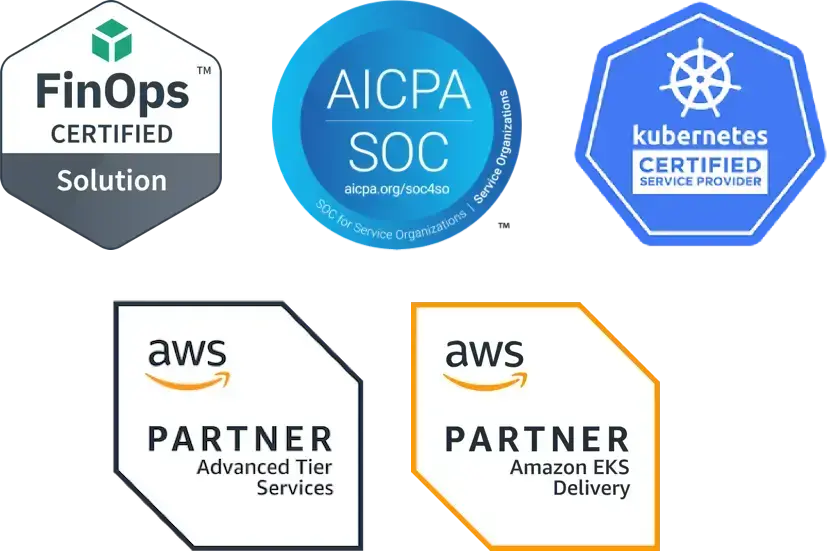- Managed Kubernetes
-
Use Cases
- AI-Ready Infrastructure Kubernetes optimized for AI and ML workloads.
- Architecture-as-a-Service Expert-designed Kubernetes architectures on demand.
- Chaos Days Test and improve resilience with controlled chaos.
- Supporting 3rd Party Apps Ensure stability for tools running on Kubernetes.
- Add-on Management Fairwinds handles your time-consuming K8s add-on upgrades.
- Software
- About
- Resources
Key Business Considerations Before Adopting Kuberentes
Kubernetes is a powerful tool for scaling, automating, and optimizing your infrastructure—but is it right for your business? This short guide walks you through the key strategic factors to consider before making the move.
Kubernetes Business Case
If your business relies on rapid scaling or mission-critical applications, Kubernetes might be a strong fit.
Do you need scalability and high availability?
How much downtime can you afford?
Is infrastructure slowing innovation?
CapEx vs. OpEx Cost Considerations
While traditional IT comes with significant limitations, Kubernetes comes with hidden cost risks, including over-provisioning, underutilized resources, and variable cloud spend costs.
Traditional IT
Kubernetes and Cloud
Skills & People Challenges
Does your team have the in-house expertise and staff required to build, deploy, and maintain Kubernetes?
Operational Complexity
Kubernetes is powerful but complex. Few organizations have the cloud-native maturity to maintain it optimally. Do you? Key aspects of Kubernetes infrastructure management include:
Enforce Secure Kubernetes
Continuous Kubernetes Updates
Optimize Kubernetes Costs
Correlate Metrics & KPIs to Business Outcomes
Leadership prioritizes business goals over infrastructure metrics. When considering Kubernetes, ask these key questions:
Build vs. Buy Kubernetes Decision
Building an in-house Kubernetes team requires hiring and retaining experts—a long-term investment that risks hiring challenges and knowledge silos if key team members leave. Before building a team in-house, ask yourself these important questions:
Buying Managed Kubernetes-as-a-Service
Before choosing a Managed Kubernetes-as-a-Service provider, ask them these important questions:
Compliant
Do they meet your industry's compliance needs (HIPAA, SOC 2, PCI DSS)?
Customized
Do they provide customized solutions or a one-size-fits-all approach?
Optimized
Do they optimize cloud costs and resource use?
Agnostic
Which cloud providers do they support (AWS, Azure, GCP, on-prem, hybrid)?
Support
Do they offer 24/7, SLA-backed support?
Management
Do they provide hands-on management or just setup?
Find the Right Managed Kubernetes Provider
Offload infrastructure management to experts so your team can focus on innovation.



